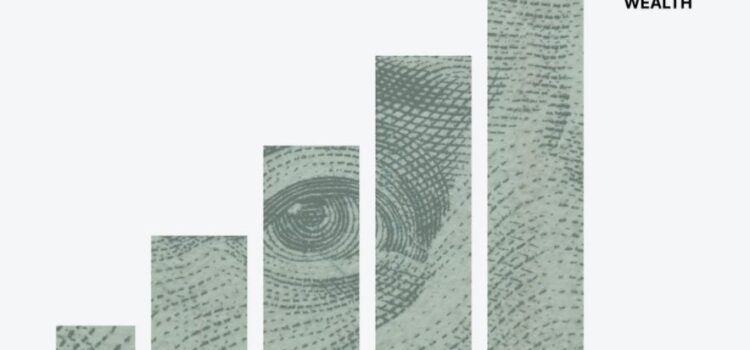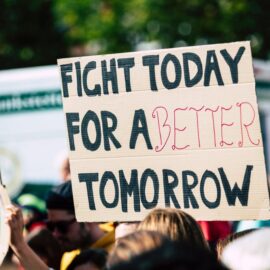

This article is an excerpt from the Shortform book guide to "Skin in the Game" by Nassim Nicholas Taleb. Shortform has the world's best summaries and analyses of books you should be reading.
Like this article? Sign up for a free trial here .
Why does inequality exist? Do you think some economic equality is healthy for the world?
Economic inequality is a sad reality of life. Interestingly, however, people around the world think that some economic inequality is good—although they want far less than there currently is.
In this article, we’ll discuss why most people don’t want total equality. We’ll also discuss some hypothetical opinions as to what level of inequality would be ideal.
Most People Don’t Want Equality
On average, Americans from all political backgrounds and people from around the world believe that some inequality is healthy—we want to reward people for making the world better. What people resent is not economic inequality, but economic unfairness—that is, earning money without producing value or giving without taking.
The question now becomes: what level of inequality is ideal?
How Much Inequality Do We Want?
Unsurprisingly, this is a politically charged issue and a fierce point of contention among theorists. Opponents of wealth distribution object in the name of economic growth. Reducing the potential income of top earners disincentivizes risky investments (for example, funding a start-up), innovation (funding research and development), and specialized training (going to med school) by limiting the rewards available for such socially constructive behavior.
Additionally, as economist Casey Mulligan points out, publicly-funded “safety net” programs discourage those in poverty from working to improve their lives.
On the other hand, Harvard’s Thomas Freeman warns that excessive economic inequality hinders economic growth in its own way. Concentrated wealth enables greater political rent-seeking, as top earners are able to wield disproportionate influence among government officials, earning advantages in policy or unnecessary subsidies at the expense of the rest of society.
Economists from the International Monetary Fund argue that when spent on education and healthcare for the underprivileged, redistributed wealth can even accelerate economic growth by subsidizing the creation of valuable workers, offsetting the cost of reduced incentives for productivity. They also argue that there are ways to redistribute wealth that preserve incentives entirely—for example, cleaning up loopholes in the tax code, or implementing a more aggressive inheritance tax.
Final Words
So, why does inequality exist? As you can see the issue of economic inequality is tangled up with a number of adjacent issues and debates—the efficacy of social welfare, how to manage political rent-seeking, how to provide effective opportunities for education, and the ideal tax structure are all at play here. It’s possible that economic inequality isn’t the issue to focus on at all.
Columnist David Brooks argues that outrage over economic inequality is predicated on the false assumption that the poor stay poor as a direct result of the rich getting richer. But wealth is not a zero-sum game. Instead, we are dealing with “two different constellations of problems”—factors that allow the rich to get richer unethically, for example, their undue influence on politicians, and factors that are causing the poor to stay poor, for example, the disappearance of entry-level jobs. All these problems are valid, but Brooks argues that combining them into one issue labeled “inequality” is a fundamental misunderstanding of the situation.

———End of Preview———
Like what you just read? Read the rest of the world's best book summary and analysis of Nassim Nicholas Taleb's "Skin in the Game" at Shortform .
Here's what you'll find in our full Skin in the Game summary :
- Why having a vested interest is the single most important contributor to human progress
- How some institutions and industries were completely ruined by not being invested
- Why it's unethical for you to not have skin in the game






